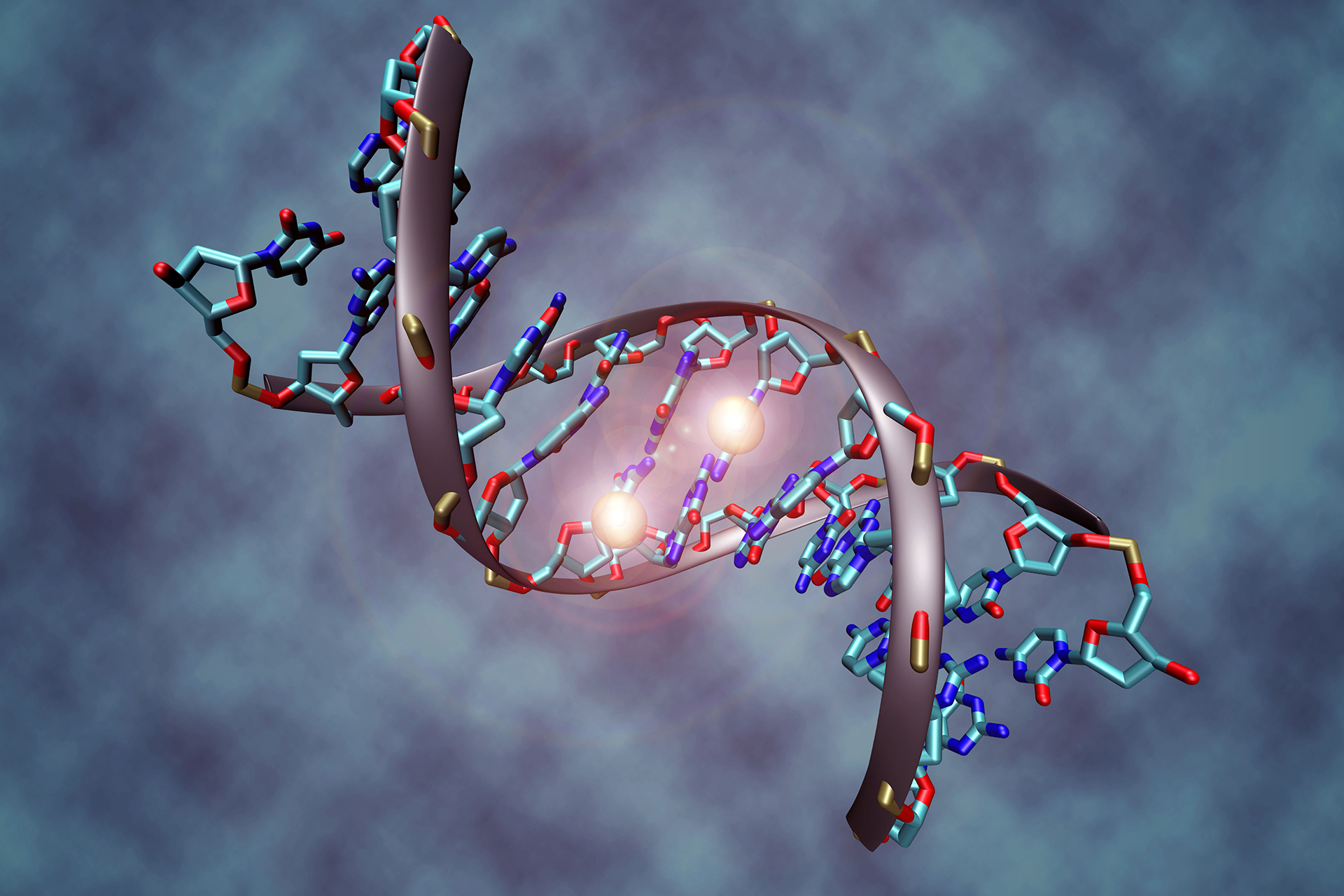Researchers in the US have found that Hispanic individuals age slower than people from other ethnic backgrounds.
It is hoped that the findings may one day help understand how to slow the aging process in individuals of different ethnic backgrounds.
'Latinos live longer than Caucasians, despite experiencing higher rates of diabetes and other diseases. Scientists refer to this as the 'Hispanic paradox', said lead author Steve Horvath, professor of human genetics at the David Geffen School of Medicine at the University of California, Los Angeles. 'Our study helps explain this by demonstrating that Latinos age more slowly at the molecular level.'
Previous research had found that people of Latin American descent in the US possess an average life expectancy of 82, which is three years longer than Caucasians. Furthermore, throughout their lifetime, healthy Hispanic adults face a 30 percent reduction in the risk of death when compared to other ethnic groups.
The researchers analysed 18 sets of data from DNA samples of nearly 6000 people across seven different ethnicities. The different ethnicities included two African groups, African-Americans, Caucasians, East Asians, Hispanic and an indigenous group called the Tsimane, who are genetically related to Hispanic groups.
The chronological age of individuals was compared to the 'epigenetic clock' of DNA in blood samples across the different ethnicities. Epigenetics are changes that occur within the genome which influence genetic activity, but do not change the DNA sequence itself. Devised by Professor Horvath, the epigenetic clock used in this study measures changes at 353 sites in the human genome, and can provide a biological age for blood or brain tissue.
The findings showed that blood from Hispanic individuals aged more slowly than other groups. 'Our findings show that ethnic disparities in health risk are not just due to socioeconomic differences, which we adjust for in the analyses,' said co-author Michael Gurven, professor of anthropology at UC Santa Barbara. The researchers speculate that slower aging may help neutralise the higher health risks seen in Hispanic populations. They also suggest that the strong family ties and social support found in Hispanic families may generate epigenetic changes across the genome.
However, the Tsimane groups aged more slowly than other all groups, including Hispanics, a novel research finding which the authors refer to as the 'Tsimane paradox'. The biological clock calculated the age of their blood as two years younger than Hispanics and four years younger than Caucasians. The authors suggest that this finding may be due to their lower rate of cardiovascular related diseases, but concede that further research is required due to the low sample numbers for this ethnic group.
The research also found that across all ethnicities, samples of brain tissue and blood aged more quickly in males in comparison to females, providing possible evidence as to why women live longer than men.
The authors plan to study changes in the epigenome within other organs and tissues, and to identify the molecular mechanism responsible for slower aging in Hispanic individuals.





Leave a Reply
You must be logged in to post a comment.